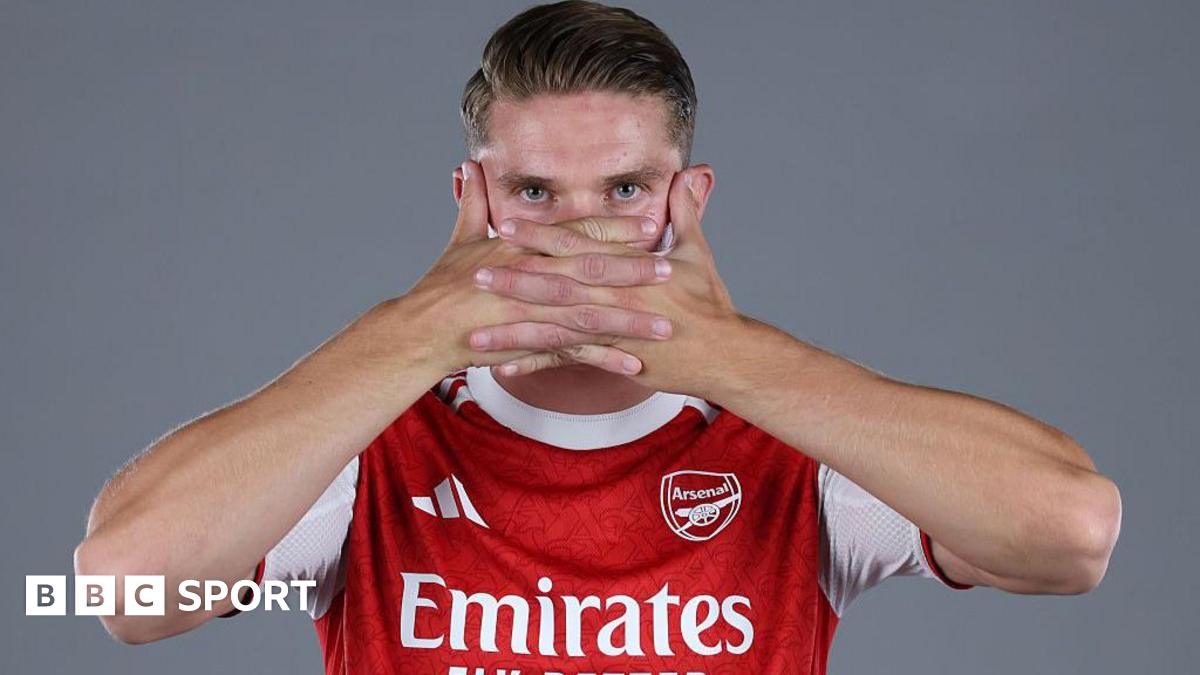
Arsenal's acquisition of Viktor Gyokeres for a reported £64 million signals a significant investment in attacking talent. While the player himself cites Arsenal's dominance in their Champions League encounter as a key motivator, the move represents more than just a signing of a prolific goalscorer. It's a strategic maneuver to bolster squad depth and provide Mikel Arteta with tactical flexibility. But with such a high-profile arrival, what potential challenges lie ahead?
Gyokeres' impressive goalscoring record – 97 goals in 102 matches for Sporting, including a hat-trick against Manchester City – speaks for itself. He brings a physical presence, pace, and clinical finishing ability, as highlighted by Arteta's comments on his “intelligent movement in the box.” This skillset immediately enhances Arsenal's attacking options. Consider Arsenal's previous reliance on a single primary striker; Gyokeres provides genuine competition and cover, mitigating the risk of a significant dip in form or injury to the first-choice forward. This addresses a critical vulnerability often seen in teams challenging for major honors, where a lack of adequate backup can derail an entire season.
However, integrating Gyokeres effectively presents challenges. Arsenal's existing attacking structure relies heavily on intricate passing patterns and fluid movement. Gyokeres, while possessing good link-up play, is arguably more direct and physical in his approach. Will he seamlessly adapt to Arsenal's style, or will Arteta need to tweak the system to maximize his strengths? Furthermore, the psychological impact of a large transfer fee can be a double-edged sword. The pressure to perform immediately will be immense, and any initial struggles could lead to scrutiny and hinder his integration.
The acquisition also necessitates careful squad management. With Gyokeres, Martin Zubimendi, Kepa Arrizabalaga, Christian Norgaard, Noni Madueke and Cristhian Mosquera already brought in, Arteta faces the challenge of maintaining harmony and providing sufficient playing time to all members of the squad. Disgruntled players can disrupt team cohesion, which is paramount for sustained success. Looking at past examples, such as Chelsea's struggles to integrate multiple high-profile signings under various managers, highlights the potential pitfalls of not managing a large squad effectively.
Looking ahead, the next six months will be crucial in determining the success of this transfer. By the winter transfer window, we should have a clearer picture of how well Gyokeres has integrated into Arsenal's system, the impact on team chemistry, and whether Arteta has found the right balance in utilizing his expanded squad. If Gyokeres replicates his goalscoring form and Arsenal maintain a strong challenge on all fronts, the transfer will be deemed a success. However, any signs of tactical discord or squad disharmony will raise serious questions about the overall strategy.